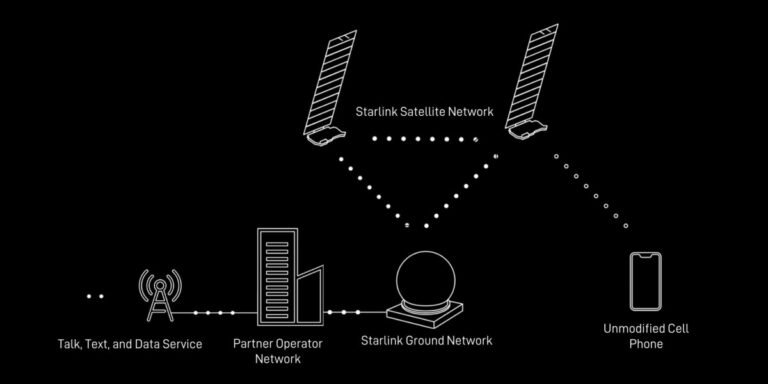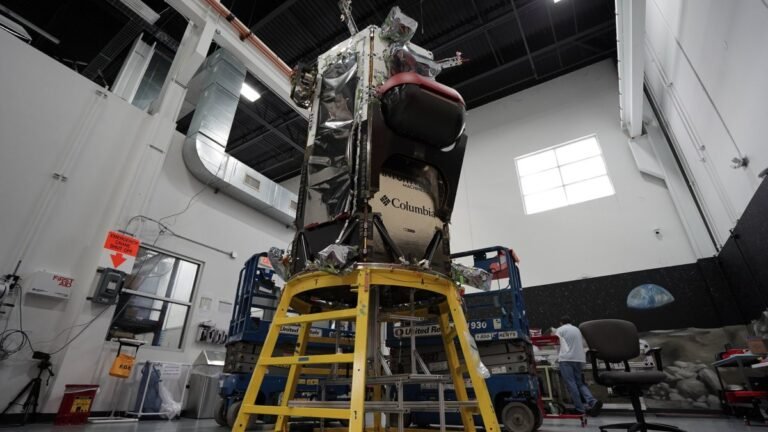
With a staggering 17% of the $13 trillion B2B (business-to-business) spending dedicated to it, “co-sell” dominated cloud marketplaces in 2023.
Before going into the details of the “Better Together” GTM co-sell strategy, I want to lay the groundwork for what “co-selling” means.
Since July 2023, co-selling with cloud marketplaces has become the new gold standard, as they are intricately intertwined and essential for forging prosperous partnerships with cloud services that ultimately enrich your business, your buyers, and your partners.
The growth on the first level is product-led, which means the product is built on a hyperscaler’s cloud infrastructure.
When crafting your co-sell GTM strategy, adhere to these five guiding principles:Alignment is key: Successful partnerships require alignment not just in goals, but also in mindset and philosophies.

Prometeo, a startup out of Uruguay building channels to enable open banking across Latin America, is today announcing that it has picked up $13 million in funding to expand its business.
A lot of open banking these days focused on national rollouts — not least because banking conventions and regulations are often very localized.
(It’s not the only company that believes that open banking has a big role to play in financial services in the future: last year, the open banking startup Ivy raised funding specifically to expand to Latin America; and Christine wrote here extensively on Finerio, an ambitious open banking startup out of Mexico.
More recently, last year it led a $14 million round into nocnoc, a Latin America cross-border commerce specialist.
It also owns the point-of-sale payments company Zettle, which has been making very big inroads into Latin America for years now.

D-Orbit, an Italian startup that provides an array of logistics services for companies operating satellites and other services in space, has raised €100 million ($110 million) in a Series C round of equity funding.
The Milan-based company said another $50 million will be added to the Series C in the first half of this year.
D-Orbit today provides last-mile satellite delivery and related logistics services, mission control as a service to manage already-launched spacecraft and hardware, and space waste management services, all aimed at launches that are orbiting the Earth.
Others in the area of space services include Planet Labs, Privateer, Zenno Astronautics, Astroscale, and a variety of others just getting started.
“D-Orbit represents an excellence that in these years has positioned itself as a category leader in the in-orbit transportation segment globally, becoming the first B-Corp certified space company in the world.”

Real estate services giant Fidelity National Financial has confirmed hackers stole data on 1.3 million of its customers during a November cyberattack that knocked the company offline for a week.
FNF spokesperson Lisa Foxworthy-Parker did not respond to TechCrunch’s email requesting further details.
FNF said it “contained” the cyberattack on November 26 following a week-long outage that virtually froze all of the company and much of its subsidiaries’ operations.
One of FNF’s subsidiaries described the incident as a “catastrophe” in an automated message for customers.
FNF was one of several corporate victims of cyberattacks in recent weeks targeting the mortgage and loan industry, including LoanDepot and Mr. Cooper.

AppDirect, a San Francisco- and Montreal-based platform for buying, selling and managing tech through a network of IT advisors, has raised $100 million from CDPQ to expand its financing program for small- and medium-sized tech businesses.
“Our Invest program is purpose-built to empower our technology advisors,” Emanuel Bertolin, AppDirect’s chief revenue officer, said in a statement.
“To keep up with today’s ever-changing market, technology merchants need fast access to capital to accelerate their growth.”AppDirect’s Capital Invest program is a loan program, providing capital for tech businesses in the form of upfront payments.
Today, AppDirect offers a set of tools that let businesses monetize — or buy — tech products across a range of different channels and devices.
We also provide the opportunity for our advisor community to procure technology for their customers directly from the AppDirect catalog.”AppDirect launched the Capital Invest program in 2021.

Parallel Learning is solving that problem with a teletherapy platform that partners with school districts to create individualized plans for each student.
Parallel’s providers work with a school’s special education program (SPED) to develop a Individualized Education Program (IEP), a legal document in the United States that outlines the personalized education plan for a student with special needs.
Then when the pandemic hit and schools began struggling to serve their students, Heldfond knew it was time to bring her idea to fruition.
One of the main problems Parallel addresses is the shortage of behavioral and special education providers that work with children.
The company partners with K-12 public school districts, reaching out to special education directors, superintendents and others.

SpaceX launched its first batch of Starlink satellites that will be able to connect directly to cell phones ahead of planned testing later this year.
The company launched six Starlink satellites with this capability with a batch of 15 other Starlink birds aboard a Falcon 9 rocket late last night.
SpaceX obtained approval from U.S. regulators last month to test the satellites in partnership with T-Mobile.
SpaceX has a number of other partnerships with native telecom companies in countries including Australia, Canada and Japan.
SpaceX said the tests would eventually involve 840 satellites transmitting 4G connectivity to around 2,000 unmodified smartphones.

It also objected to Google limiting or refusing to allow interoperability of services included in GAS with third-party services.
“We are particularly concerned about the compulsory bundling of services with great market strength and reach with services that are less strong.
“Google is also prepared to eliminate its contractual provisions on setting Google services as default applications or displaying them prominently in the infotainment platform,” the FCO also noted.
The question of whether Google’s proposals will result in an unbundled offering of Google’s services in the automotive sector will be decisive in this context,” it added.
Which may give the FCO reason enough to continue its scrutiny of Google Maps in the meanwhile.

Intuitive Machines is pushing back the mission of its first lunar lander to mid-February in coordination with launch provider SpaceX, the company said earlier this week.
The lunar lander must launch from a specific launch site at NASA’s Kennedy Space Center, Launch Complex 39A, because it needs to be fueled with oxygen and methane propellants prior to launch.
While Intuitive Machines did not specify an exact launch window, it’s looking increasingly likely that it could coincide with the planned landing of another privately developed lunar lander.
Overall, the new launch window is a negligible delay for Intuitive Machines, which is aiming to make lunar access a cornerstone of its business.
Intuitive Machines is also setting up business segments related to orbital services, like satellite servicing and refueling, providing data services for the moon, and the sale of other space products.

The bill also mandates biometric verification for subscribers and restricts the number of SIM cards each subscriber uses to limit fraud.
The legacy of the old scammers in the telecom sector will be left behind, and arrangements will be made through this bill to make the telecom sector a sunrise sector,” Ashwini Vaishnaw, the Indian telecom minister, said while introducing the bill in the parliament.
Interestingly, the telecom bill excludes the term “OTT,” available in its initial draft last year, indicating regulations for over-the-top (OTT) messaging apps such as WhatsApp, Signal, and Telegram.
“The bill is regressive as it enhances the government’s colonial-era powers to intercept communications and shut down the internet.
It undermines end-to-end encryption, which is crucial for privacy,” said Namrata Maheshwari, Asia Pacific Policy Counsel at Access Now, in a prepared statement.













